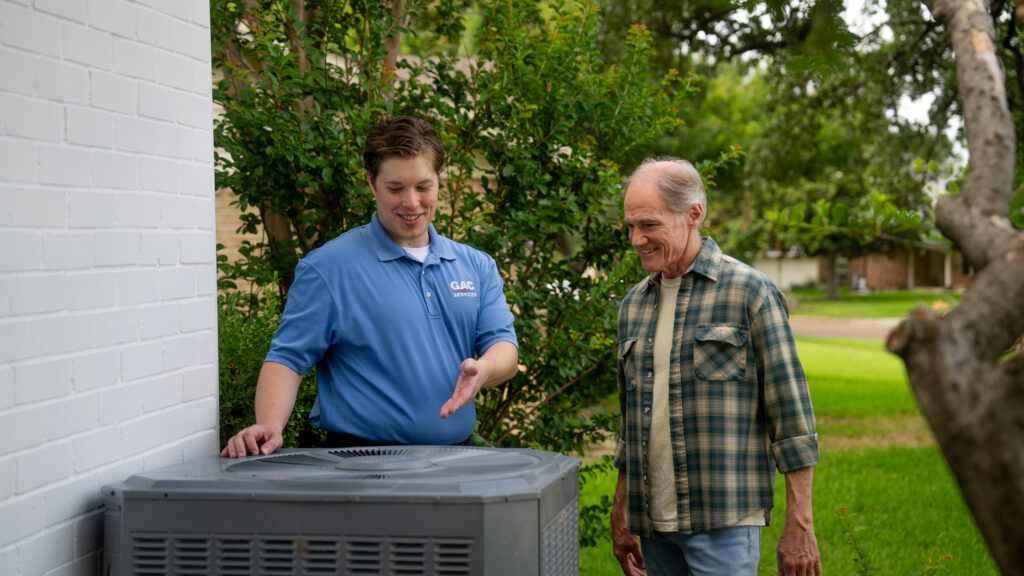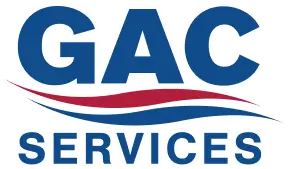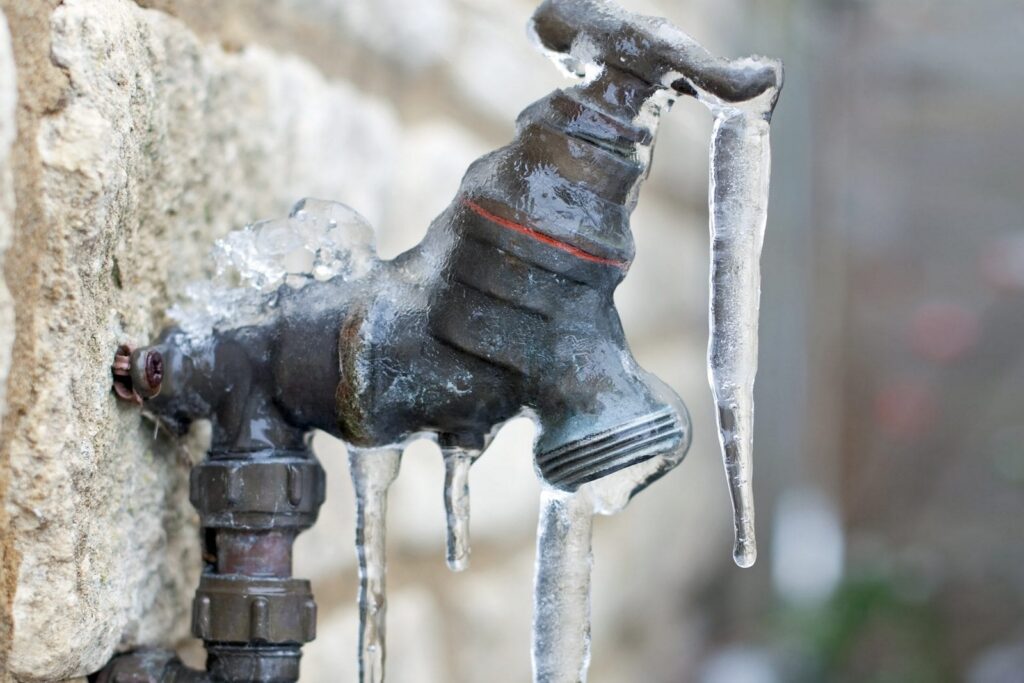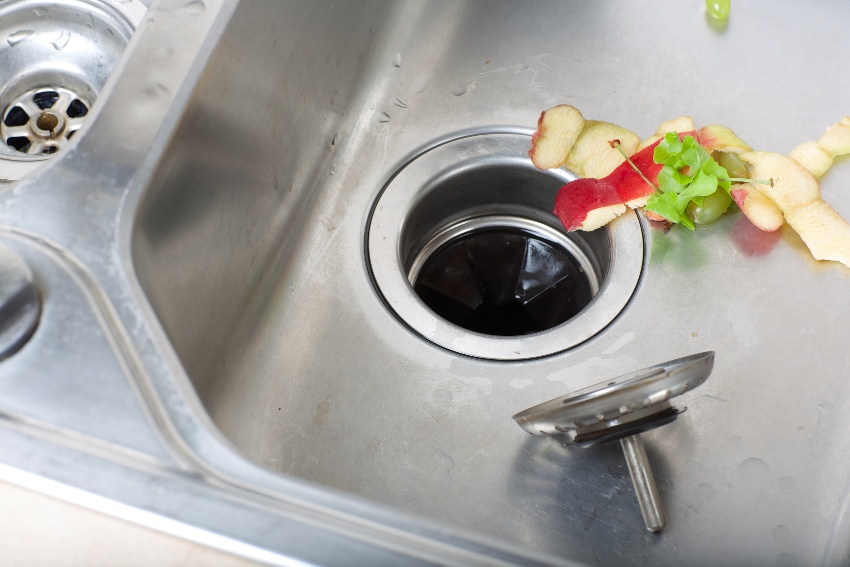

Blog
Signs Your HVAC System Needs an Upgrade

No one wants to deal with an HVAC system that can’t keep up. Rising energy bills, inconsistent temperatures, or frequent repairs may be signs that your system is wearing out.
An aging HVAC system can drive up costs, reduce comfort, and lead to frequent breakdowns. If you’ve noticed any of these issues, it might be time for an upgrade.
Eight Signs Your HVAC System May Be Failing
If your system shows any of these warning signs, it may be time to consider replacing it.
- Your System Is Over 10 Years Old: HVAC systems typically last 10 to 15 years. If yours is older, it may not be as efficient or reliable.
- Your Energy Bills Keep Rising: As HVAC systems age, they work harder to maintain the right temperature, leading to increased energy costs. Upgrading to a more efficient model can reduce utility bills.
- You’re Calling for Repairs More Often: Frequent repairs can add up quickly. If your system constantly needs service, replacing it may be more cost-effective than ongoing fixes.
- Your Home Has Hot and Cold Spots: Uneven temperatures may indicate that your HVAC system is struggling to distribute air properly. This can result from failing components or a system that no longer meets your home’s needs.
- Your Indoor Air Quality Has Declined: If you’ve noticed more dust, increased allergy symptoms, or musty odors, your system may not be filtering air effectively. A new HVAC system can improve indoor air quality and humidity control.
- Your System Makes Strange Noises: Banging, rattling, or screeching could mean loose or worn-out parts, while hissing often signals an air leak. Unusual noises should be inspected before they lead to system failure.
- Your System Runs Constantly or Turns Off Too Quickly: If your HVAC cycles on and off too often or runs constantly, it may be overworking itself. A properly sized system should maintain consistent operation without excessive cycling.
- Your Home Feels Too Humid or To Dry: An HVAC system helps regulate humidity levels. If your home feels excessively humid in summer or too dry in winter, it may be struggling to control moisture effectively.
How to Tell If Your HVAC System Is Too Old
Even with maintenance, older systems lose efficiency. If your system struggles to heat or cool your home properly, requires frequent repairs, or lacks modern energy-saving features, it’s time for an upgrade.
How Your HVAC System Affects Indoor Air Quality
Your HVAC system filters and circulates air throughout your home. If your home feels dusty, stuffy, or overly humid, your system may not be maintaining good air quality. Poor air circulation can lead to respiratory discomfort and increased allergens. Upgrading to a system with better filtration can improve air quality and comfort.
Why Is My HVAC System Making Strange Noises?
Unusual noises often indicate mechanical problems. Banging or clanking may signal loose components, while high-pitched squealing can mean worn-out belts. Rattling often suggests loose parts or debris, and hissing may indicate an air leak. If your system is making unexpected noises, an inspection can help identify the issue.
Is Your HVAC System Heating and Cooling Properly?
If your home has uneven temperatures or weak airflow, your system may not be functioning efficiently. Signs of poor performance include inconsistent heating or cooling, weak air circulation, and sudden spikes in energy bills. A professional inspection can determine whether repairs or a full replacement is needed.
Benefits of Upgrading Your HVAC System
Replacing an old HVAC system offers several advantages:
- Lower energy bills due to better efficiency
- Consistent temperatures throughout your home
- Improved air quality with enhanced filtration
- Smart technology features for better climate control
- Quieter operation with modern system designs
A new system provides long-term savings and a more comfortable living environment.
How Often Should You Service Your HVAC System?
Regular maintenance extends the life of your HVAC system and helps prevent unexpected failures. Best practices include:
- Scheduling professional tune-ups twice a year before peak heating and cooling seasons
- Replacing air filters every one to three months
- Cleaning ducts and vents to maintain proper airflow
- Addressing minor issues early to avoid expensive repairs
A well-maintained system runs more efficiently and lasts longer.
How to Choose the Right HVAC System for Your Home
If you’re upgrading your HVAC system, consider these factors:
- Home size and layout: Larger homes require more powerful systems for even air distribution.
- Energy efficiency ratings: Look for models with high SEER and AFUE ratings to reduce utility costs.
- Smart thermostat compatibility: Modern systems offer better control and convenience.
- Professional recommendations: An HVAC expert can help you select the best system for your needs.
Choosing the right system ensures better performance, efficiency, and long-term savings.
Recognizing HVAC issues early can help you avoid high costs and discomfort. Upgrading to a modern system improves efficiency, indoor air quality, and home comfort.
Contact GAC Services today for expert HVAC services and ensure your home stays comfortable year-round.





